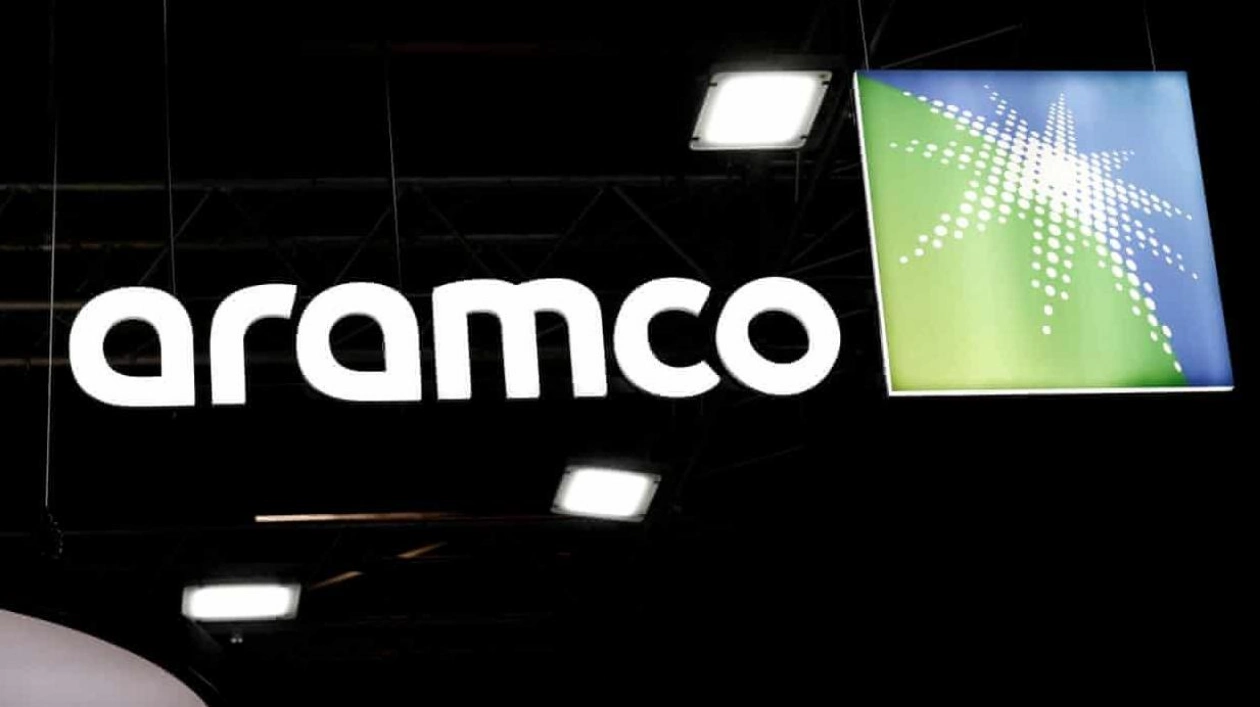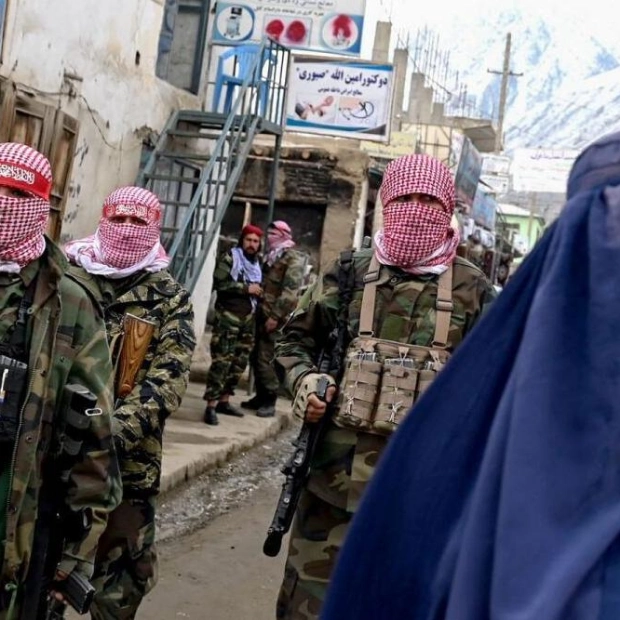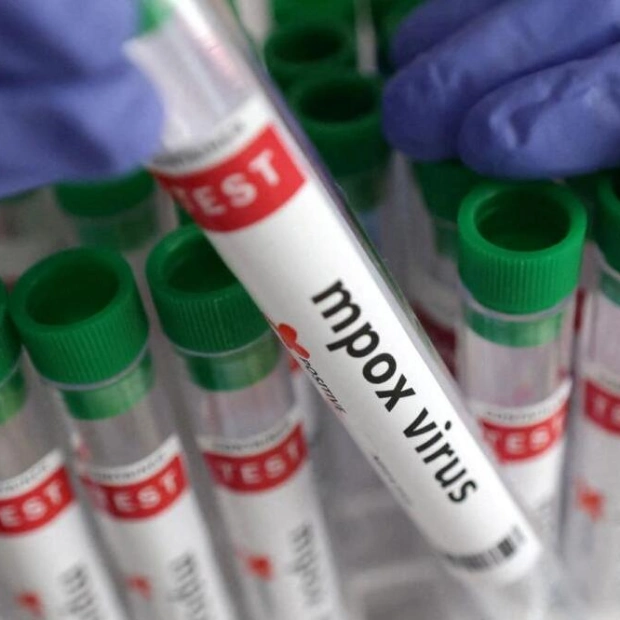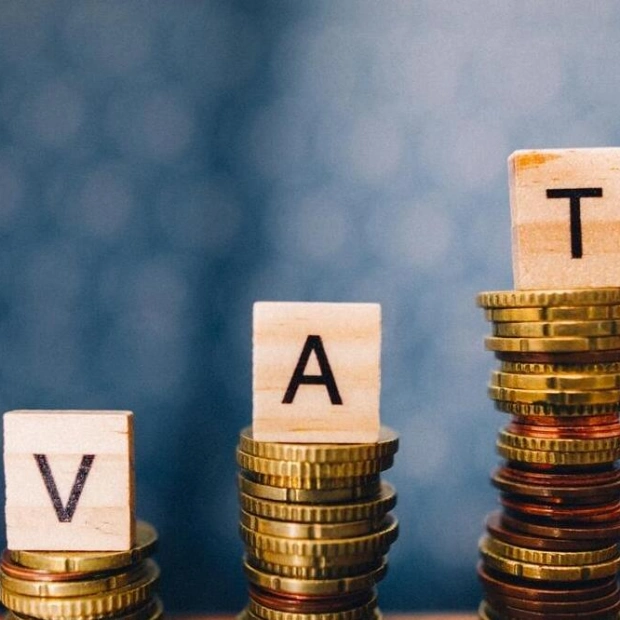Women's football, the business, is on the rise. There will be ups and downs, anomalies and setbacks, but the overall trajectory is upward. In March, Racheal Kundananji's transfer from Madrid CFF to Bay FC for £685,000 shattered the record for the most expensive transfer fee in women's football, a record that is being broken so frequently that the first £1m transfer feels imminent. The 2022 Uefa report 'The Business Case for Women's Football' predicted a sixfold increase in commercial value over the next decade, potentially reaching an annual value of €686m by 2033, with club sponsorship expected to surge to €295m.
Meanwhile, according to Sportico, the average value of NWSL teams jumped by 57% to $104m, with Angel City valued at $250m. The profitability and potential of the game are more visible than ever, and investors and sponsors are increasingly taking notice. The women's game offers significant opportunities. With its early stages of financial growth, the long-term returns could be substantial. While men's football is a saturated marketplace for investors and sponsors, the women's game is not, and brand/investor visibility is high. Additionally, women footballers are overwhelmingly progressive, empowered, and strong characters, and women's football has a reputation that can provide credibility and a forward-thinking image to those associated with it.
However, women's football will increasingly face moral and political challenges about who it welcomes. The decision of over 130 female footballers to sign a letter urging Fifa to terminate its sponsorship agreement with Saudi Arabia's state-owned oil company Aramco, which includes the 2027 Women's World Cup, highlights the conflict between money and ethics. The letter was unsparing, calling the deal a 'middle finger to women's football,' challenging Saudi Arabia's human rights record, treatment of women, the LGBTQ+ community, and migrants, and criticizing the partnership's message about the climate crisis.
Given Fifa's track record, including awarding Qatar the hosting rights for the 2022 men's World Cup and poised to give Saudi Arabia the 2034 men's tournament, its move is not surprising. Ethical dilemmas, however, are not confined to the global governing body. They are inevitable at all levels. In September, the NWSL side Washington Spirit announced a 'groundbreaking' deal with Fanatics Betting & Gaming as their sports betting partner. 'We're excited to announce our groundbreaking partnership with Fanatics Sportsbook,' said Washington Spirit's CEO, Kim Stone. 'This collaboration gives us the chance to enter the sports betting space with a trusted brand, all while staying true to our commitment to integrity, empowering women, and creating great experiences for our fans.'
This direct challenge to the idea that a partnership with a gambling firm contradicts the values of women's football is bold. Partnerships with gambling firms have become increasingly frowned upon in the men's game, with Premier League clubs banning front-of-shirt sponsorship deals with gambling companies from the 2026-27 season. The integration of the gambling industry into women's football and the encouragement of relationships between fans and betting firms are not positive developments. The announcement by the Michelle Kang-owned Washington Spirit went largely unnoticed. There were no critical articles or widespread condemnation, with only 26 replies to Spirit's X post on the deal. Interestingly, half of those replies were critical, describing the deal as 'disappointing,' 'garbage,' and 'deplorable.'
One fan commented, 'This is so disappointing. I'm glad to be a season ticket holder (who brought my wife along) because I feel like I'm supporting an innovative woman owner, and players who are fighting for decent pay, adequate maternity leave, etc; and the team just has a different atmosphere than others; and now here's this association with a habit that harms so many people. And now when I tell my girls' team's players to go to games, which I often do (or have), I feel like I'm helping endorse and normalize this nonsense.'
Women's football is at a critical juncture, with a choice about the type of game and business it wants to be and the values it wants to champion. These types of deals that challenge the progressive nature of the game, a game built through struggle, are becoming more frequent. Fans, players, and those who care about the game need to organize to ensure their voices are heard on the issues that matter and push back on decision-makers if necessary. The letter to Fifa regarding the Aramco deal is a hugely positive step, but if the women's game is to maintain and extend its unique identity and stand for more, then organization is essential.
Source link: https://www.theguardian.com






